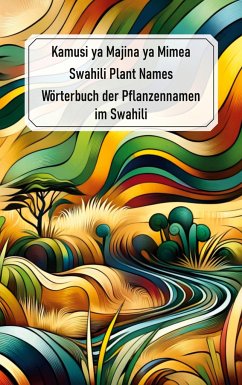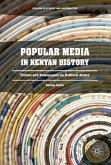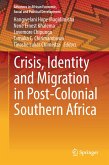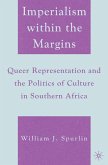Welcome to the "Dictionary of Vernacular Swahili Plant Names," a comprehensive resource designed to bridge the gap between the rich linguistic heritage of Swahili and the scientific world of botany. This dictionary serves as a valuable tool for researchers, students, educators, horticulturists, conservationists, and anyone interested in the flora of East Africa and beyond.The Swahili language, with its deep historical roots and widespread usage across East Africa, is a cultural treasure that reflects the diverse influences of African, Arabic, Persian, and European languages. In this region, plants play a crucial role in everyday life, not just as sources of food, medicine, and material, but also as integral elements of cultural practices and traditional knowledge. The names given to these plants in Swahili are often imbued with meanings and stories that offer insights into the local culture, history, and environment.Recognizing the importance of preserving this linguistic and botanical heritage, this dictionary aims to catalogue the vernacular Swahili names of plants and provide their corresponding scientific names. By doing so, we facilitate a dialogue between traditional knowledge and scientific understanding, fostering a deeper appreciation of the natural world and its cultural significance.Each entry in this dictionary includes the vernacular Swahili name, the botanical name. The botanical names are based on the latest taxonomic classifications to ensure accuracy and relevance.We have taken great care to consult with linguists, botanists, and local communities to compile and verify the information presented in this dictionary. Our goal is to create a reliable and user-friendly reference that respects and celebrates the linguistic diversity of Swahili-speaking regions while contributing to the global body of botanical knowledge.As you explore the pages of this dictionary, we hope you will not only gain a greater understanding of the plants that surround us but also develop an appreciation for the rich linguistic tapestry that describes them. May this dictionary serve as a bridge between languages, cultures, and disciplines, fostering a shared respect for the natural world and its invaluable diversity.
Hinweis: Dieser Artikel kann nur an eine deutsche Lieferadresse ausgeliefert werden.
Hinweis: Dieser Artikel kann nur an eine deutsche Lieferadresse ausgeliefert werden.








